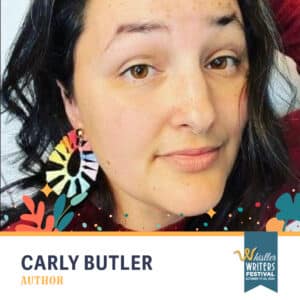Stories are not just good vs. evil — they are so much more

Many of our favourite stories begin with “Once upon a time…” We know that when a story starts like this, we can anticipate a clear battle between good and evil, and love overcoming all obstacles. But these are just fairy tales.
In more recent times, a storytelling device that has become more popular is subverting the narrative, making the familiar fairy tale infinitely more complicated. Heroes face trolley problems instead of musical numbers, and villains reveal traumatic backstories to explain how and why they became so evil. Situations are not so black and white anymore, and they probably never were; when we were children, we just needed them to be.
Part of growing up is having the glass shatter into shades of morally gooey gray, and deciding which path you’re going to take from there without always knowing if it’s the right thing. For me, part of growing up was realizing that my villains had reasons, I can forgive without receiving apology, and that I am most likely someone else’s villain too.
When I think of “everyone has a story to tell”, I try to put it through the lens of validation without excuse. Maybe none of us are heroes or villains; maybe we all have traumatic backstories and only some of us have had access to healing. Maybe we had access and didn’t recognize it. This should not erase the harm that we cause or endure, but hopefully tell us the next right thing to do to make our own healing come a little easier.
I have found that writing and talking about my story has become one of my dearest antibiotics to bitterness. I am honoured all over again every time someone takes my story in, and is brave enough to reply, “me too.”
— Written by Carly Butler
Butler appears in Setting the Record Straight: Non-Fiction Reading Event on Oct. 19 at 3 p.m. Tickets are on sale now.
